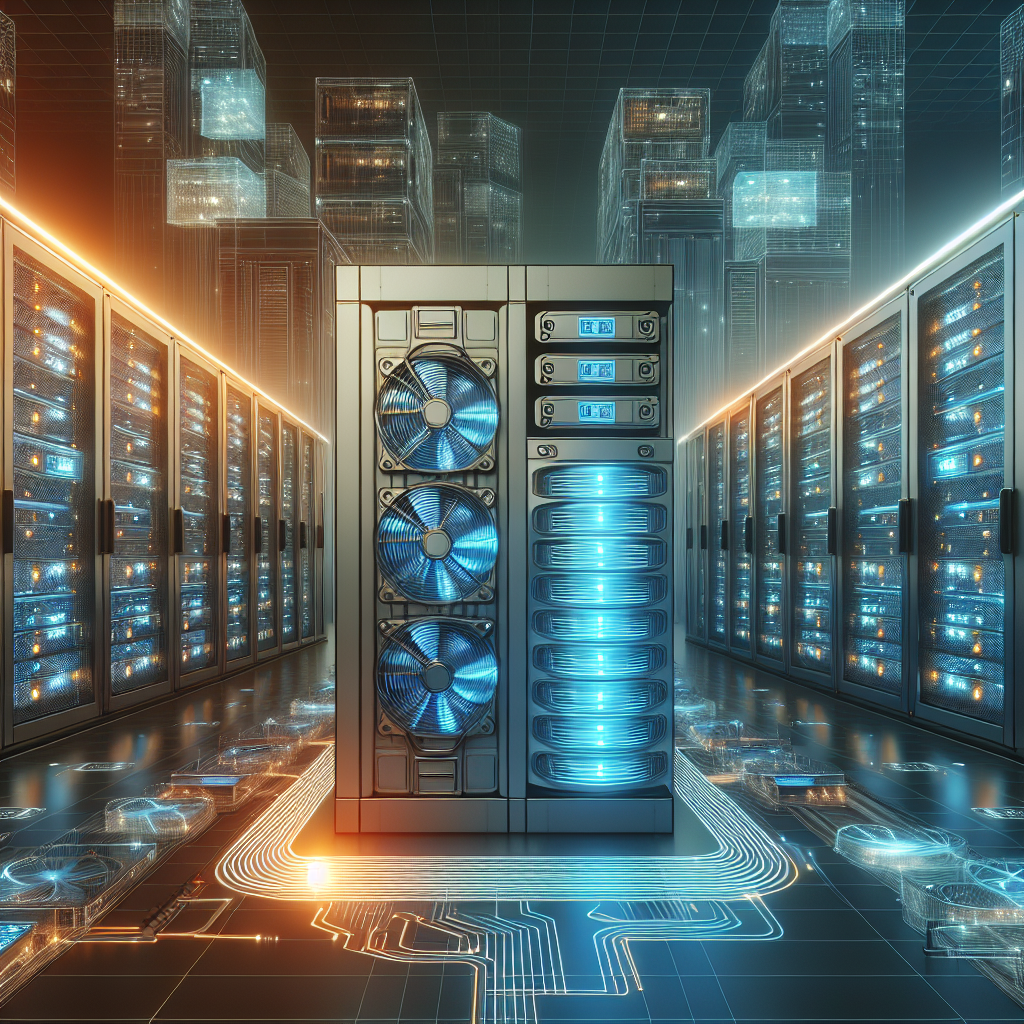Your cart is currently empty!
Emerging Trends in Data Center HVAC Technology

Data centers are the backbone of the modern digital economy, serving as the heart of operations for businesses of all sizes. With the increasing demand for data storage and processing capabilities, data centers are constantly evolving to meet the needs of today’s fast-paced digital world. One key aspect of data center operations that is undergoing significant advancements is the heating, ventilation, and air conditioning (HVAC) technology used to keep these facilities cool and running efficiently.
As data centers continue to grow in size and complexity, the need for more efficient and reliable HVAC systems has become increasingly important. Emerging trends in data center HVAC technology are focused on improving energy efficiency, reducing operational costs, and enhancing overall performance. Some of the key trends in this space include:
1. Modular and scalable designs: Traditional data center HVAC systems are often oversized and inefficient, leading to wasted energy and higher operating costs. Modular HVAC designs allow for greater flexibility and scalability, enabling data center operators to easily expand or upgrade their cooling systems as needed. By using modular components, data centers can reduce energy consumption and improve overall efficiency.
2. Advanced cooling technologies: To meet the growing demands of high-density server environments, data center operators are turning to advanced cooling technologies such as liquid cooling, indirect evaporative cooling, and adiabatic cooling. These technologies offer higher efficiency and better cooling performance compared to traditional air-based systems, helping to reduce energy consumption and improve overall reliability.
3. Intelligent monitoring and controls: With the rise of data analytics and artificial intelligence, data center operators are leveraging advanced monitoring and control systems to optimize HVAC performance. By using real-time data and predictive analytics, operators can proactively identify potential issues and optimize cooling efficiency, leading to lower energy costs and improved system reliability.
4. Green HVAC solutions: As sustainability becomes a key priority for businesses around the world, data center operators are increasingly turning to green HVAC solutions to reduce their environmental impact. This includes using renewable energy sources, such as solar or wind power, and implementing energy-efficient HVAC systems that minimize carbon emissions and energy consumption.
5. Edge computing and micro data centers: With the rise of edge computing and the proliferation of Internet of Things (IoT) devices, data center operators are deploying smaller, more distributed data centers closer to end users. These micro data centers require innovative HVAC solutions that are compact, energy-efficient, and able to handle the unique cooling requirements of smaller spaces.
Overall, the future of data center HVAC technology is bright, with ongoing advancements in design, efficiency, and sustainability. By embracing these emerging trends, data center operators can ensure that their facilities remain at the forefront of technology and continue to meet the demands of the digital age.

Leave a Reply